we aim to create additional legal pathways to the European Union

what?
EASA:Together is a joint action of NGOs from Portugal, Germany and Spain and experts around the globe to explore opportunities for collective sponsorship for persons with refugee experience in the European Union. At the same time it is the first step to build up a European Alliance for Solidarity Action (EASA) to serve as a stable network between private receiving entities that aim to develop unified structures along the process of welcoming persons with refugee experience in the civil society with support of governmental structures. EASA:Together corresponds to our belief that practical solidarity between communities is the only key to more humane sustainable futures and this is easier to achieve, without any doubt, together. It is emphasized that the initiative is designed to complement and not to replace the states’ obligation to provide international protection.
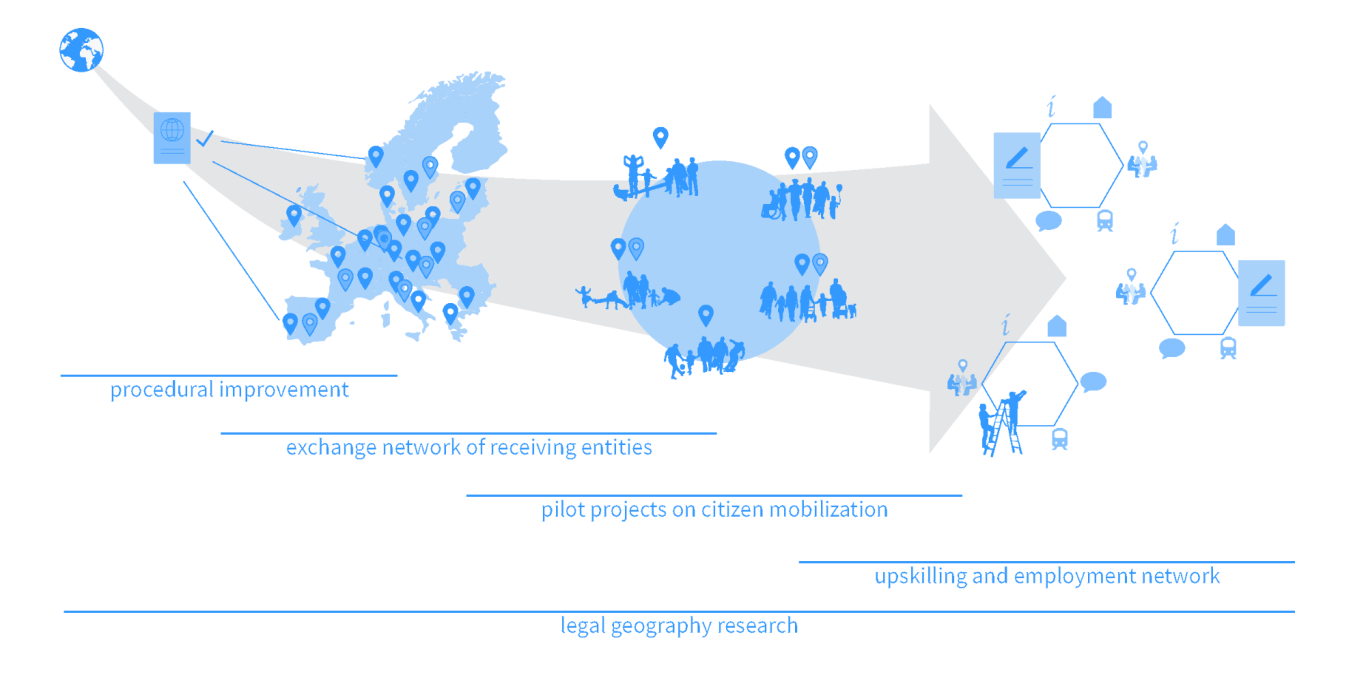
how?
The network aims to improve what is already there, inspire those that are hesitant to act and transfer existing methodologies to places and people that strive for change. The actions cover several layers: (1) the improvement of procedural structures from pre-departure to post-arrival, (2) the development of a stable exchange network between receiving entities, (3) the implementation of pilot projects to explore ways of citizen mobilization through building communities, artistic and urban interventions and permaculture, (4) the development of a stable upskilling and employment network, and (5) legal geography research on how legal regulations can best support local integration efforts. EASA:Together involves NGOs in the participating countries that will cover two forms of sponsorship: initiatives that will host a bigger number of persons, and the „groups of five“ model in which individuals will host persons or families under guidance of one NGO. Depending on the interest of initiatives and existing structures in the participating countries, both or only one of the two models will be implemented and new features (e.g. naming) will be tested in each country. As for the beginning of the project, we will implement the program in close cooperation with human rights activists and NGOs from the Afghan diaspora.
why?
We want to answer practical needs and provide sustainable solutions. Years of resource-wasting ad hoc measurement have led to an exacerbated crisis situation at the EU’s external borders (Amnesty, 2020; UN OHCHR, 2017), a growing discrepancy between restrictive legal regulations and efforts to support local integration, and increasing polarisation within society. Two categories of actors have emerged to counteract this trend and maintain structures of solidarity at the local level: Cities and civil society organizations (CSOs) including refugee-led organizations (RLOs). An impressive number of city networks and CSOs working together to welcome newcomers have emerged throughout the Union. The expertise ranges from the initiation of Sponsorship Programs to the development of new ways of community building through arts and culture and knowledge-sharing of best practices in the field of social inclusion. The project picks up this trend and pushes it forward: EASA:Together is a real-world laboratory, it helps to imagine another reality, to test what could be possible.
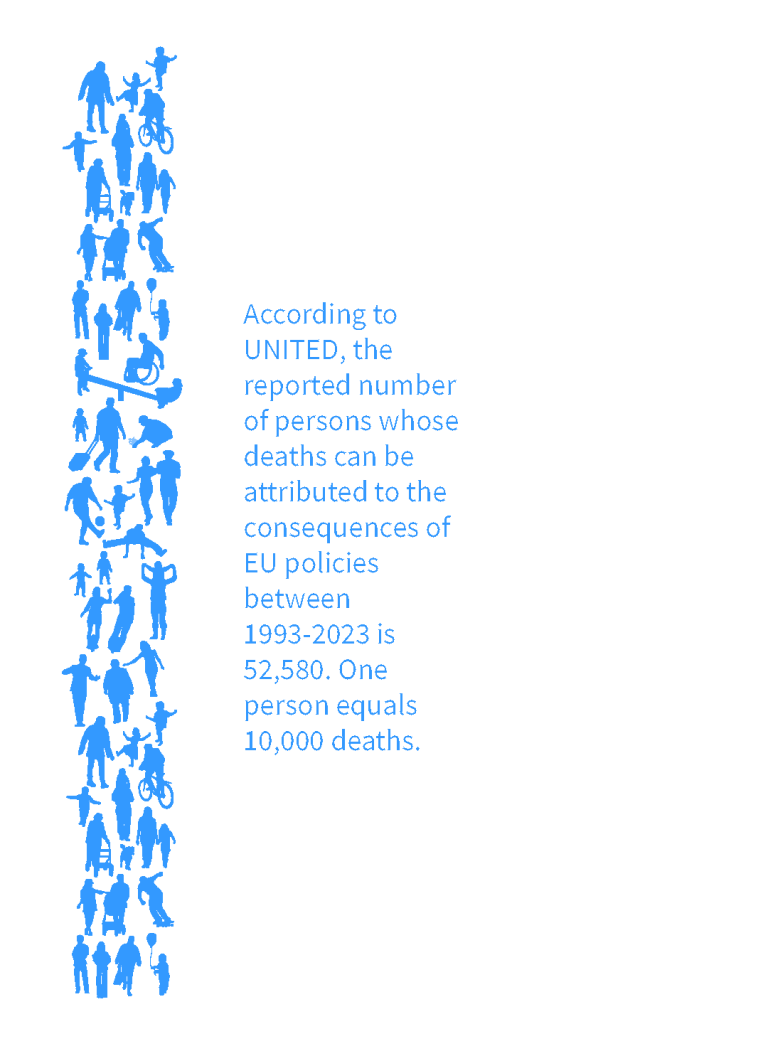

where are we now?
We are currently in the conceptualization phase and slowly step into practice. In Autumn 2024 we have started an Erasmus+ funded project „Together We Act! Civic society as an active player in collective sponsorship for persons seeking asylum“ for transcultural young human rights and peace activists, some of already experienced in community sponsoring as resettlled refugees or hosts, or even both, to consult our network for future implementations. Within one year, we will implement three physical exchange meetings between Germany and Portugal and four Upskilling modules in subjects such as regenerative design, asylum and migration law in Portugal, Spain and Germany, fundraising, urban intervention and artistic expression in activist work and strategic consultancy. At the same time, we build up a mixed research team from socio-spatial and legal disciplines and prepare for a bigger funding application to allow us to implement the above-mentioned project steps.
how can you support us?
To effectively move on we need support for both, allocative and authoritative resources. Hereby the allocative resources define human (civil society commitment in form of working hours and expertise) and financial (investment) resources, whereas the authoritative resources define the possibility to actually interfere in and interact with given institutions and processes (political and management power). This means specifically:
/ PR and SM support on a voluntary basis (4-6h/ month, ongoing)
/ programming expertise to set up this website more professionally (25h, one-time)
/ a pool of translators that support on an on-and-off basis for website and PR translations (6h, one-time for website; 2-3h/ month, ongoing)
/ fundraising expertise to set up a donation pot in order to support sponsor groups financially (25h, one-time; 4h/ month)
/ advocacy experience and advise (4h/ month)
/ financial support
/ contacts to authorized verification agencies, other than UNHCR
If you think you can provide any of those resources, please reach out to us via gianna@village-together.org.
who are the project partners?
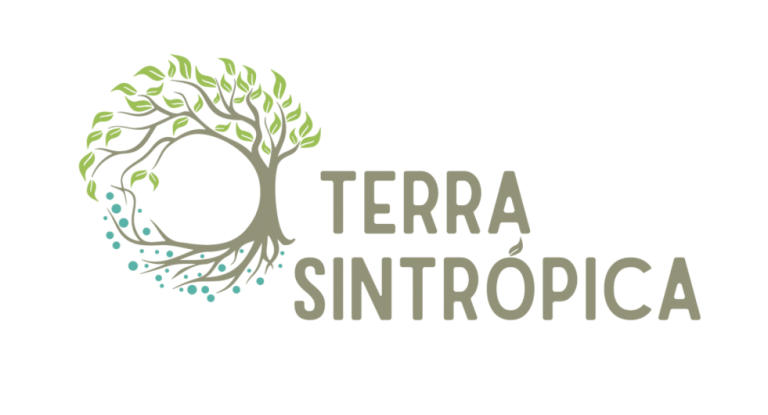
Terra Sintrópica
Eunice Neves, Laura Marques
Terra Sintrópica aims to create regenerative community processes in the semi-arid region, inspired by Syntropy. It realized the holistic community sponsorship project Terra de Abrigo.

InPulsar
Ana João, Andreia Costa
InPulsar is a non-profit organization from Leiria-Portugal, which works with vulnerable populations and minorities. The goal is to contribute for the inclusion of people, who are in a vulnerable social or economic situation, within the community through empowerment. The organization advocates that every person has the right to participate and access opportunities in their community.
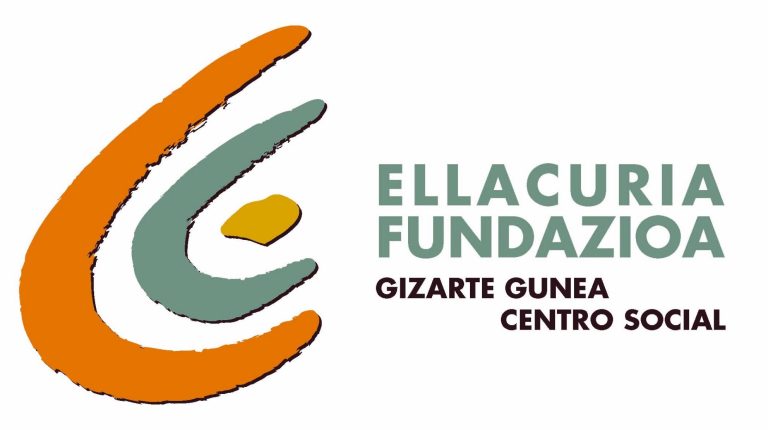
Ellacuria Fundazioa
Marisabel Albizu, Cibele Barbosa
The Ellacuria Fundation is a social organization of the Society of Jesus which promotes hospitality and social participation. They accompany processes of migrants and refugees and promote community coexistence, recognizing cultural and religious diversity.

kitev
Agnieszka Wnuczak
kitev mainly operates in participatory art and construction projects with a focus on migration. A huge focus is set to use the power of art and creative community buildung to foster a resilient network among local and worldwide communities in order to counteract societal challenges.

Global Campus of Human Rights
Julia Runte
The Global Campus of Human Rights is a network of about 100 universities around the world based in 8 regions; Europe, South East Europe, Arab World, Caucusus, Africa, Asia Pacific, Central Asia, and Latin America and the Caribbean. Its main work is a human rights Master's programme, but it also works on different capacity building and training projects, some specifically for human rights defenders at risk.

----
-------

Human rights and peacebuilding advocate, researcher & writer
Corey Levine
Corey Levine has spent more than 25 years working in conflict areas, working with both non-governmental and intergovernmental organizations. Utilizing Canada’s private sponsorship program for refugees, she has organized several sponsorship groups and has worked with the government to bring in other Afghans through the special refugee pathways Canada. To date, she has assisted more than 200 Afghans at-risk.

Senior human rights and gender equality expert
Maria Alcidi
Maria Alcidi is an Italian licensed attorney. She has worked for more than 10 years with OSCE, on rule of law, human rights, the rights of ethnic minorities, and gender justice. She has extensive field experience in post-conflict areas such as Afghanistan, Bosnia and Herzegovina, and Kosovo. Her main areas of interests are gender studies, transformative, restorative and transitional justice and the interplay between legal disciplines and humanities.
who is behind?
village e.V. – laboratory for future visions – Our team brings together people from a wide range of backgrounds, with and without refugee experience, and combines many years of experience in the fields of creative community building, social work, art curation/education, activism and human rights. In all aspects, the team takes a participatory approach and at the same time sees the participants as actors who actively shape the process. This combination enables a holistic perspective that goes beyond one’s own professional context and personal experience and creates a natural connection to the communities. Our projects see the transfer of knowledge between the global South and the global North as an overarching goal. We want to learn from each other, go against entrenched patterns and beliefs, scrutinise and decode. Topics such as causes of flight, conditions of migration or resettlement, coming to terms with post-colonial heritage, unequal access to living and educational resources concern us. By exchanging experiences, but also through artistic productions and interventions, we seek a solidary and humane approach to our society and marginalised groups. With an understanding of centuries of exploitation in our history in the Global South, we take our responsibility to improve living conditions.
Responsible contact persons for EASA:Together:
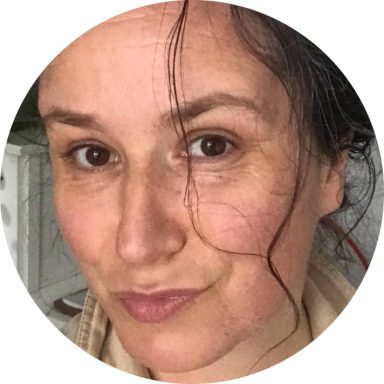

initiated by

©Copyright. All rights reserved.
Wir benötigen Ihre Zustimmung zum Laden der Übersetzungen
Wir nutzen einen Drittanbieter-Service, um den Inhalt der Website zu übersetzen, der möglicherweise Daten über Ihre Aktivitäten sammelt. Bitte überprüfen Sie die Details in der Datenschutzerklärung und akzeptieren Sie den Dienst, um die Übersetzungen zu sehen.